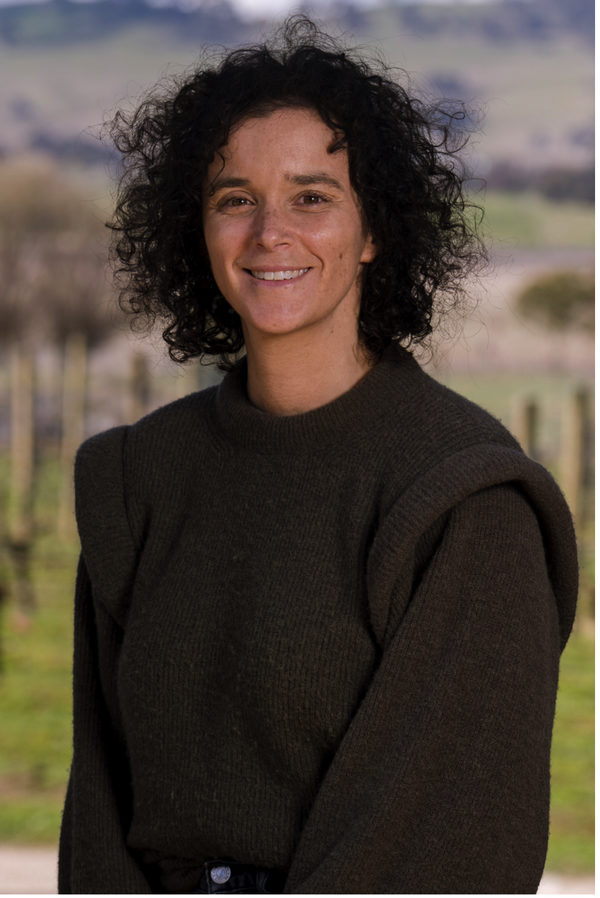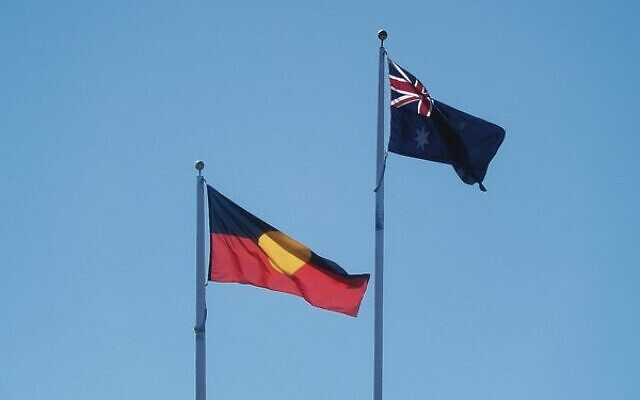At a bare minimum, we need to listen
The annual recitation of the story of Pesach requires us to teach future generations about our strength and to remember, “b’chol dor vador”. We want them to listen, learn and acknowledge.
I am a proud Jewish woman. I grew up at a Jewish day school, went to a Jewish youth movement and spent time in Israel. My kids are now fortunate enough to go to a Jewish day school and now I lead a Jewish organisation. These are choices I made because of how much I value our community, our religion and our continuity. I want to see us thrive.
So imagine my shock, disappointment and almost heartbreak when I was booed at a kiddush. Not at a football game. Not at a political debate, but in a synagogue on Shabbat. An Orthodox synagogue where I have spent a lot of time over the years. In recent times, I have questioned whether or not I belong in that space and whether it speaks to what I know of and love about Jewish values. I think I now know the answer.
My crime? I said an Acknowledgement of Country.
I didn’t speak about the Voice. I didn’t mention anything to do with politics. I acknowledged the Boonwurrung People of the Kulin Nation who have cared for the land that my family has been lucky to call home since the late 1940s.

What is it about acknowledging the history of the country that has given us a place to live and thrive safely makes you so offended? Offended enough to compel you to boo?
An Acknowledgement of Country is not an act of defiance. It’s not even political. It’s simply acknowledging the fact that the First People of this country, the oldest living culture, have been here for 65,000 years. The former High Court judge, Justice Brennan, outlined how Indigenous dispossession underwrote the development of this nation. Specifically, in the decision of Mabo, he said, “There could be no worse human indignity to the first inhabitants of this continent [than] to refuse to acknowledge their existence.”
Saying an Acknowledgement gives recognition. So simple yet so powerful.
In our house, we teach our kids not to boo at a footy match. We teach them that just because you don’t agree or don’t support, doesn’t mean you have to boo.
We also teach them Jewish values. In modern times it is all too easy to drift away from Jewish values. We no longer live the lives of the shtetls of Poland with close attachment to community and traditions. We are facing constant challenges to our faith, so how can we ensure continuity?
For me, the strongest guard against the decline in connection to our religion and religious values is to understand our history that has sustained our existence for thousands of years. The values that teach us to “treat our friends as ourselves”, to “love thy neighbour”. The way we should respond and react and respect those around us echo all throughout Jewish texts: “Learn to do good. Devote yourselves to justice; aid the wronged. Uphold the rights of the orphan; defend the cause of the widow” (Isaiah 1:17).
At a bare minimum, we need to listen. In an article written by the late Rabbi Jonathan Sacks (z”l) “The Spirituality of Listening,” he wrote, “There is something profoundly spiritual about listening. It is the most effective form of conflict resolution I know. Many things can create conflict, but what sustains it is the feeling on the part of at least one of the parties that they have not been heard. They have not been listened to. We have not ‘heard their pain’. There has been a failure of empathy.”
Fundamental to our story as a people is our ability to emerge out of persecution, dispossession and disadvantage. We are proud of our resilience; we have triumphed over trauma. The annual recitation of the story of Pesach requires us to teach future generations about our strength and to remember, “b’chol dor vador”. We want them to listen, learn and acknowledge.
Our ears are pricked when we hear of other stories of trauma, our hearts open with empathy and eyes can see their pain. We should run towards that empathy rather than desist from it; we are the best placed to do so.
There are so many organisations and individuals in our community already doing this work; creating space for open-minded conversations and education, but we need more people willing to be brave, stand up and show leadership.
As we enter the month of Elul, a time of reflection, we are implored to look internally. What have we done, and how can we be better? This time of reflection will culminate in Yom Kippur where we will recite “Ashamnu Bagadnu”; “We do not come before you to say we are innocent, we and our forefathers have sinned. We bear our responsibility to fix the sins that previous Generations have perpetrated.”
In my time of reflection, I will be thinking of ways we as a community can do better. How we can replace our booing and our immediate judgements with critical inquiry and listening. How we can break down barriers and create brave spaces for conversation and learning. Is this not what our synagogues and kiddush halls are for?
Courtney Winter-Peters is CEO at Stand Up: Jewish Commitment to a Better World.


comments